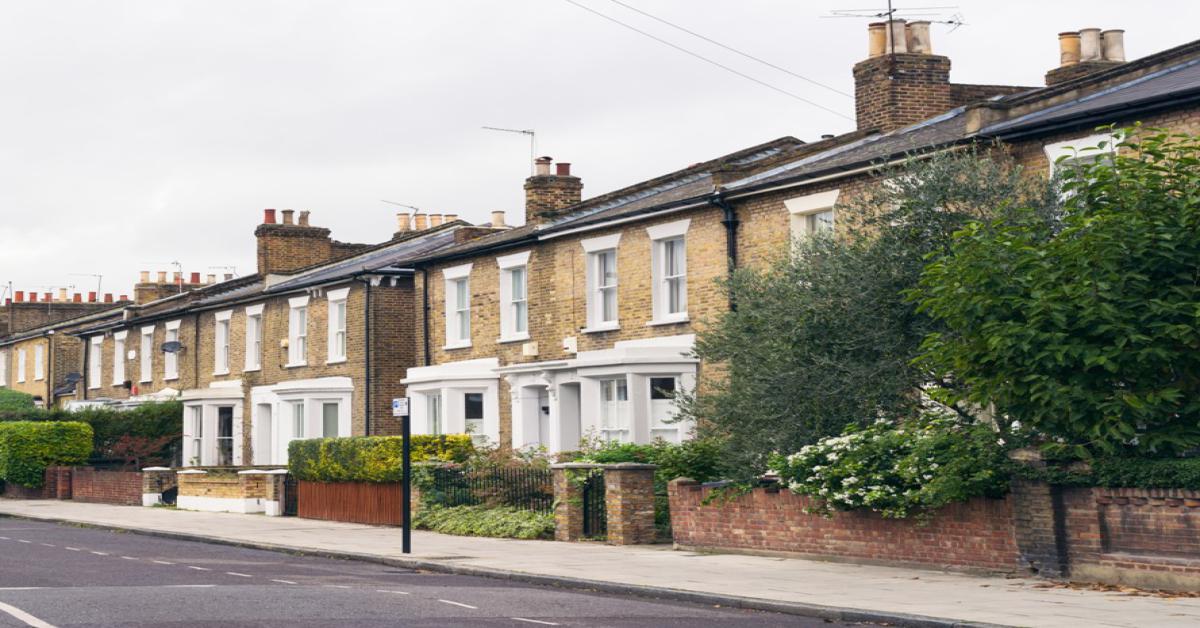

What you need to know: smoke and CO alarms in properties
The government has now published legislation that will amend the Smoke and Carbon Monoxide Alarm (England) Regulations 2015 from 1 October 2022.
These amendments will bring social housing in line with the PRS, making it mandatory for social housing to fit smoke and carbon monoxide detectors as well.
They also update the requirements on CO detectors for landlords, responding to tenant notifications, and set time limits for local authorities to respond to representations from the landlord.
Smoke alarms
Under the current regulations, landlords are expected to fit a smoke alarm on every floor that is used as a living space. The only change here is that social landlords will also have to do this from now on.
There is no set requirement on the type of alarm within the regulations. However, landlords should be aware that this is not the only enforcement option available to local authorities.
Under the Housing Health and Safety Rating System, local authorities can issue an improvement or hazard awareness notice if the smoke alarms are not mains-wired and interlinked.
As a result, the NRLA recommends fitting this type of smoke alarm rather than a battery powered one wherever possible.
New CO requirements for landlords
From 1 October, all properties will be expected to have CO alarms fitted in every room with a fuel burning appliance. The only exception to this is if the fuel burning appliance is a gas cooker.
Currently the regulations only require landlords to fit CO detectors in rooms with a solid fuel burning appliance such as a log or coal fire.
At the start of any new or renewed tenancy, both social and private landlords will be expected to test the CO detectors.
Requirement to replace or repair
From 1 October if a landlord is notified by a tenant of a defective smoke or CO alarm the amended regulations require landlords to investigate and repair or replace the item as soon as reasonably possible.
Under the current requirements, landlords are only responsible for ensuring the alarms are working at the start of a new tenancy.
Local authority enforcement
Under the current regulations local authorities can serve a remedial notice requiring the landlord to fit smoke or CO detectors where required. As part of this the local authority may issue a penalty of up to £5,000 at their discretion.
Should the landlord wish to make representations to the local authority they have 28 days in which to respond to the remedial notice. Once this has been done, the notice is suspended until the local authority reviews their decision and notifies the landlords of the outcome.
The outcome of the review must be provided to the landlord in writing no later than 35 days after the original notice is served.
If the local authority does not do this, then the notice is considered to be withdrawn.
If the notice is confirmed after review, landlords will have 21 days to address the contents of the notice and fix the issues.
HMO licensing
Any HMO licenses that are issued on or after 1 October will include a condition in line with these requirements.
This requirement will also apply in Wales, though landlords there should be aware of their responsibilities under the Renting Homes Wales Act.
Requirements in Wales
In Wales, the smoke and CO alarm requirements are covered under the Fitness for Human Habitation requirements of Renting Homes Wales.
Landlords in Wales must –
- fit mains-wired interlinked smoke alarms on every floor of the property that will be used as a living space; and
- fit CO detectors in every room with a fuel burning appliance. There is no exception for gas cookers.
CO detectors must be fitted in Wales by 1 December 2022 in all properties. For new occupation contracts starting on or after 1 December, smoke alarms of the correct type must be in place before occupation. More can be read in the following guidance.

